This is one of those books that may change you when you read it, so be warned –although Jenni Fagan herself warns you in the first lines: ‘Twenty years ago I began writing this memoir as a suicide note.’
Ootlin is about how the care system in Scotland failed the author in every conceivable way. Fagan is only in her forties, so this is not terribly long ago. She has dug up every file, every archive on herself as a baby in care – there are thousands of pages, ‘most redacted in black lest they validate something that would allow me to sue to the social work department’. ‘I’ve never met an abuser who owned what they did, or a system that wanted to be accountable,’ she says, and then asks us to bear witness, which we must.
Of course there are a great many books about growing up in terrible circumstances: Douglas Stuart’s novel Shuggie Bain, recently, and Kerry Hudson’s sensational memoir Lowborn; there’s a lot, in the period and the setting, reminiscent of Train-spotting too. But Ootlin is different. It does not talk about how the lack of a stable upbringing creates a difficult situation for adults to overcome and cope with. This is about how it will change a baby into a wild and mythic creature.
An ootlin in Scots means foreigner or stranger, from the land of Faerie – ‘queer folk who were out and never had any desire to be in’; and that is how Fagan sees herself. She is a creature who does not even have a name; born in an institution to a mother unable to care for her, she has ‘27 variations of names or spelling, and three dates of birth they rotated on my early files’. I am reluctant even to call her Jenni. One day someone starts calling a name over and over that she does not recognise, and it turns out one foster mother, the most brutal and disgusting of all, ‘always wanted a Jenny’.
In early life she is bumped around the fostering system. There is a mother who is all grey, the house ‘with tiny gritty stones like spiky baby teeth on the walls outside’; another whose tongue ‘slivers out and eats a fly off the ceiling’. There is, briefly, one who sleeps all day; a brother who is cruel to her, until one day, when the boy is aged six, he is removed and she never sees him again.
‘I am a strange owl,’ she says of herself, having run away from her latest placement and living wild in the forest at 12 years old. ‘Leaves poke through my shoulder blades, my teeth have silver river fish dashing between them and the moon knows I am its only child because I am made entirely of bone.’ She does not last and is returned to a secure unit.
By her teens, disaster is inevitable: ‘I have never been allowed to say no to anything, not a person, not a house, not losing my name, not an area, not a friend, not fate, not a stuffed toy duck.’ So when sex and drugs come knocking, there is a sense of inevitability about it, as well as it being utterly chilling: The guys whose heads would prick up when they heard – you are from care?… ‘Nobody is going to come looking for you, no?’
The memoir ends at 16, when she only just scrapes through avoiding junior prison, by luck and very occasional kindnesses. Her record is ‘wiped clean’ and she gets another chance. How she made it from there (‘It is not possible to study in a kids’ home’, she notes at one point, dispassionately) to becoming an internationally acclaimed author, writing books that expertly fuse the mythic with the mundane, is not explored. I am very interested to know how the ootlin assumed human form, how she tiptoed out of the forest, the way dimly lit by books.
As well as being stunningly written, the memoir makes you question how much of your own rational self simply stems from a secure childhood of never even considering ‘how many kids from care we know who are dead, in prison, on the game, junkied, mental, their chances as slim as a crack of light through a distant door’. It furiously deserves and repays your attention, and even the many exclamation marks function here as spears.
The coda is a strange thing. How Fagan could even look back on the words she had written and put them out there is an astonishing act of will and courage . Her eventual conclusion is that humans need to ‘prioritise planet and people over profit’. If humans cannot even take care of one little child – and there are countless ootlins all over the world and men who access them, traffick them and take pictures of them – then the logical conclusion is how can humans possibly take care of a forest, a climate, a planet. Your grim conclusion, like mine, might be that it could be better for everything to burn down. But then we are not exceptional. We are not ootlins.
Got something to add? Join the discussion and comment below.
Get 10 issues for just $10
Subscribe to The Spectator Australia today for the next 10 magazine issues, plus full online access, for just $10.
You might disagree with half of it, but you’ll enjoy reading all of it. Try your first month for free, then just $2 a week for the remainder of your first year.

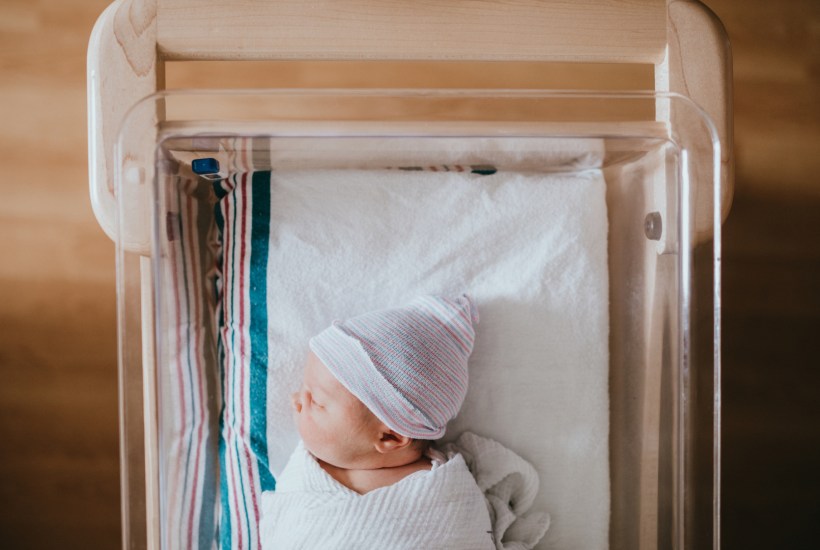

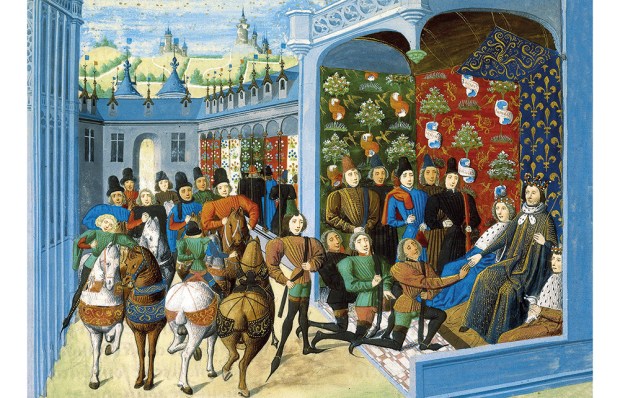
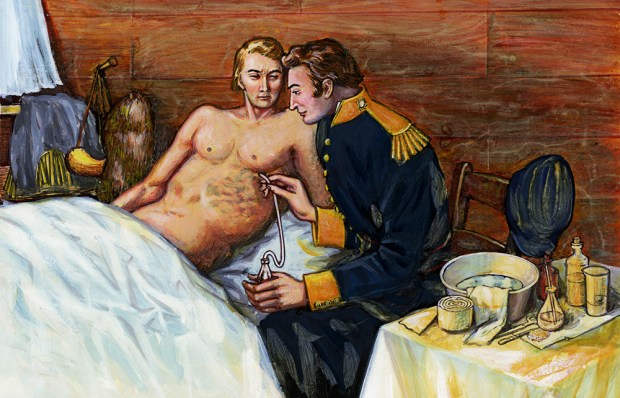

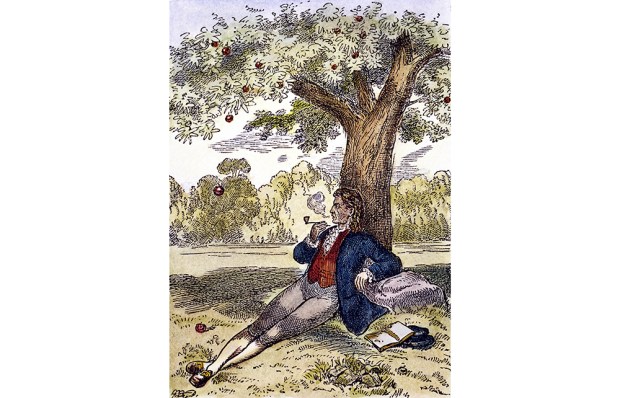
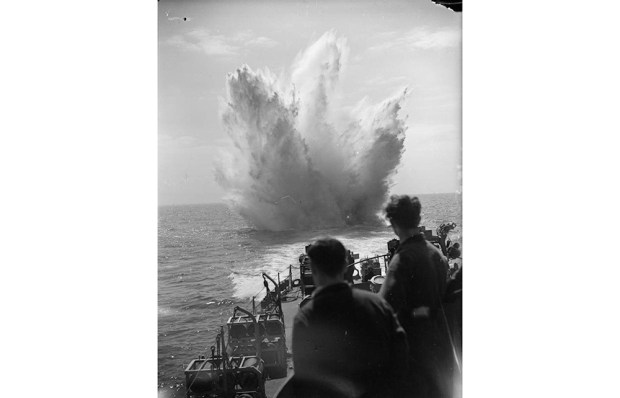






Comments
Don't miss out
Join the conversation with other Spectator Australia readers. Subscribe to leave a comment.
SUBSCRIBEAlready a subscriber? Log in